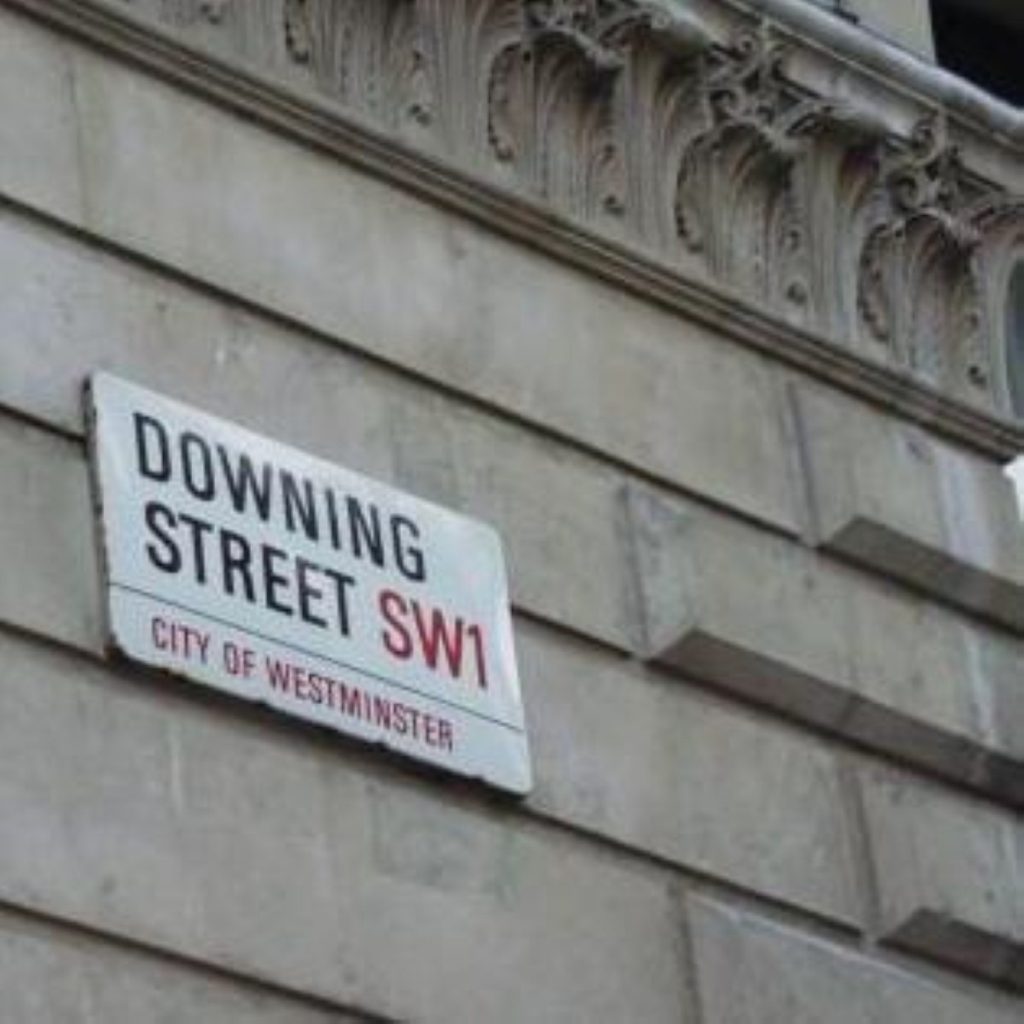Downing Street stands firm on WMD claims
Downing Street has denied reports that senior government officials believe it is unlikely weapons of mass destruction will be found inside Iraq.
The BBC’s political editor Andrew Marr claimed last night that ‘very senior sources’ inside Whitehall had virtually ruled out finding evidence of banned weapons.
However, he stressed that government officials were ‘still sure’ that the weapons had existed.
‘The assumption is that Saddam Hussein for whatever reason destroyed them or hid them beyond finding before the war started,’ he remarked.


He said in his report that the development was of ‘important political significance’.
However, referring to Tony Blair’s appearance before a select committee on Wednesday, a Downing Street spokesman insisted: ‘The authentic voice from the top of Government spoke yesterday – the Prime Minister.
‘His words are clear and they are on the record.’
The spokesman added that Tony Blair still believes ‘concrete evidence’ of Saddam Hussein’s weapons programmes will be found.
Tony Blair told the Commons Liaison Committee he was convinced that evidence of Iraq’s weapons programme would be found.
He insisted: ‘I have absolutely no doubt at all that we will find evidence of weapons of mass destruction programmes.’
Mr Marr’s report will certainly fuel the war of words that has erupted between the government and the BBC in recent weeks.
Liberal Democrat spokesman Menzies Campbell commented that if the BBC report was ‘well-founded, then it surely undermines the Government’s case for going to war.’
Former Prime Minister John Major called for an independent inquiry in the Government’s WMD claims, saying that he had backed the war because he had accepted the intelligence warnings, which had now been called into question.
Both the Lib Dem and Conservative leaderships are calling for a judicial inquiry into the Government’s handling of intelligence information.
Elsewhere, US Defence Secretary Donald Rumsfeld has admitted to the Senate Armed Services Committee that the Bush administration had obtained no fresh intelligence about weapons of mass destruction in Iraq before going to war, but had seen existing evidence in a new light after September 11th.
And the Ministry of Defence has named Dr David Kelly as the contact it believes briefed BBC defence correspondent Andrew Gilligan on the claim that one of the Iraq dossiers was ‘sexed-up’.
Dr Kelly is an adviser in the Proliferation and Arms Control Secretariat.
The BBC has refused to comment on the suggestion.

